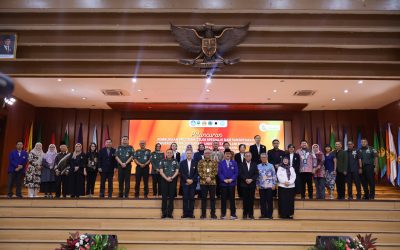Obesity remains a growing public health concern in Indonesia, leading to diabetes, heart disease, and reduced quality of life. Researchers from Universitas Padjadjaran, led by Dr. Gaga Irawan Nugraha, set out to test whether combining a prescription weight-loss drug with structured diet counseling could provide better results than dieting alone.
The study enrolled adults struggling with obesity and divided them into groups — one receiving diethylpropion plus dietary guidance, and the other relying on dietary changes only. Over several weeks, participants on the combined plan not only lost more body weight and fat but also preserved muscle mass, a crucial factor in maintaining long-term health.
The mechanism is straightforward: diethylpropion acts to reduce appetite, making it easier for patients to stick to calorie goals, while professional diet planning ensures nutrient balance and gradual, sustainable loss. Importantly, no severe side effects were observed, supporting the treatment’s safety when used under medical supervision.
This approach empowers patients with both medical and lifestyle tools, aligning with SDG 3 by reducing risks of non-communicable diseases. With obesity rates rising in Southeast Asia, such integrated interventions could become an essential part of public health strategies.





0 Comments